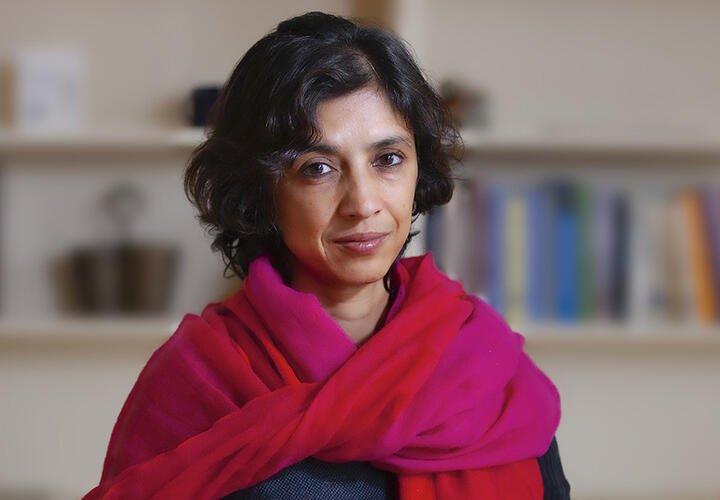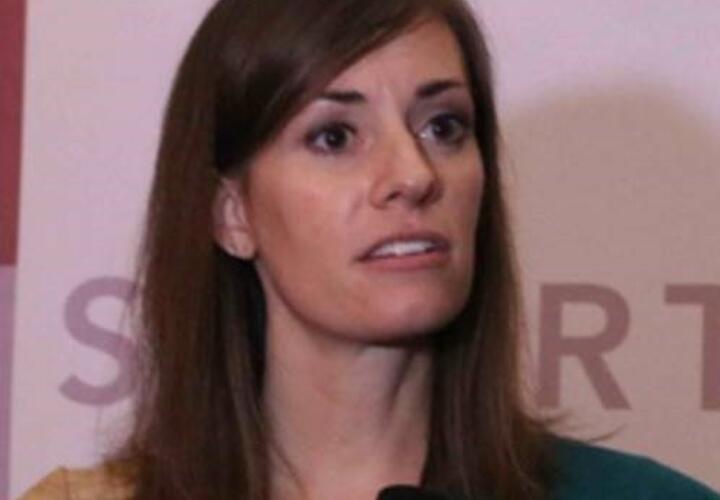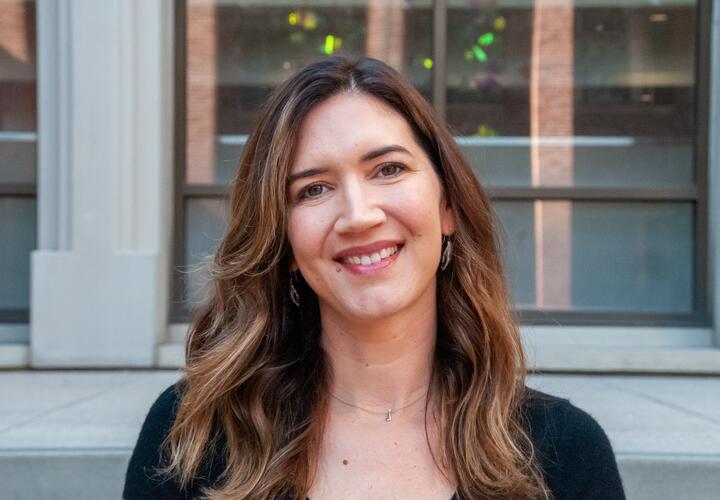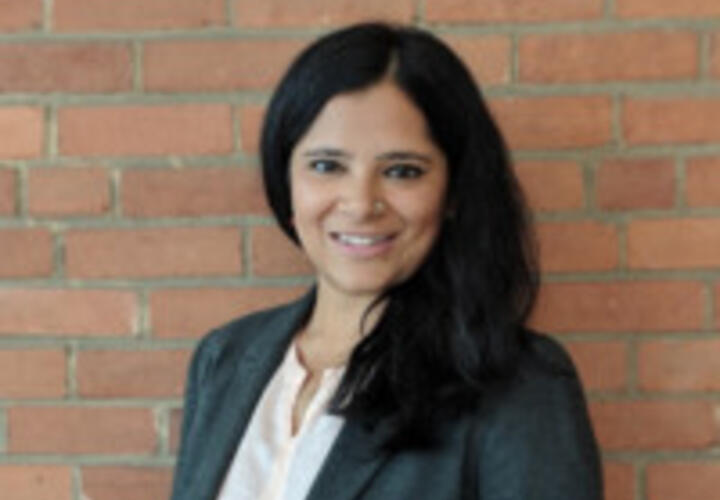Empowering Women through Public Policy in Bihar, India
Can measures to expand women’s access to social protection programs through digital payments boost their economic empowerment? Working in the Indian state of Bihar, the team at Inclusion Economics has explored and tested a number of strategies to reduce the gender gaps women face.
Research to improve poor women’s access to government assistance
Globally, financial inclusion efforts have helped hundreds of millions of poor people gain access to bank accounts and other formal financial services – but many regions and demographic groups continue to lag. Low-income women in India, for example, face significant gender gaps in their access to the financial services that could be used to bolster their human capital and social autonomy. While the government and development partners have made considerable strides in alleviating these gaps, evidence suggests that social assistance, such as payments for women’s participation in government workfare, are most transformative when they are made directly to female recipients’ own bank accounts, and they are deployed in an environment in which women can effectively navigate the financial system. Beyond this, appropriately-designed public initiatives can encourage women's broader economic activity and autonomy.
Government efforts to expand access to digital social protection payments have increased women’s financial inclusion, but women still need on-ramps to engage more broadly in local economies.
Since 2018, researchers based at Inclusion Economics at Yale University, Inclusion Economics India Centre, and the University of Southern California have been exploring and testing strategies to enhance women’s access to the Mahatma Gandhi National Rural Employment Guarantee Act (MGNREGA), the government's massive rural workfare program, and through this, catalyzing their use of formal financial institutions and their broader economic participation. To this end, the team has worked with the state of Bihar to identify promising solutions – and to pilot and test these interventions at scale – to increase women’s economic opportunity and engagement through state-led initiatives. Research studies include an at-scale evaluation of MGNREGA social audits – a program aimed at improving local accountability and service provision; piloting and studying alternate systems to register demand for MGNREGA public work; and a study of the government's use of bank "sakhis" to serve as local banking agents to rural households.
Related Publications
The Journey to Deeper Financial Inclusion: Understanding Experiences of Female Banking Agents in Rural India
Can initiatives to promote low-income populations’ financial inclusion also expand rural women’s job opportunities? Authors Garg, Jorgensen, Troyer-Moore, Schaner, and Pande report on the experiences of “Bank Sakhis”, women supported by the State Government of Bihar, India, who operate last-mile banking points.
Enhancing Women’s Economic Empowerment Through Digital Cash Transfers: Analysis of the Digitize/Direct/Design Criteria Applied to the National Rural Employment Guarantee Scheme in Bihar, India
The National Rural Employment Guarantee Scheme (NREGS) is India’s largest safety net program for rural households. With a focus on the constraints to effectively serving Bihari women through the scheme, authors Schaner and Troyer Moore find that to effectively empower women, programs should transfer funds directly to women’s own accounts, and that a digital payment structure should be implemented.
Financial Access in Rural India: Tracking a Rapidly Expanding Landscape
A comprehensive census in rural Bihar, India, reveals significant growth in financial service points since early 2020. Authors Troyer Moore and Jorgensen find that the government-supported Bank Sakhi positions offer vital opportunities for rural women's employment and financial empowerment, although initially, they serve a smaller, predominantly local female clientele.
TROYER MOORE ET AL. 2022
About the Project
Research Partners:
- Inclusion Economics India Centre at the Institute for Financial Management and Research (IFMR)
- Evidence for Policy Design (EPoD) at Harvard Kennedy School




